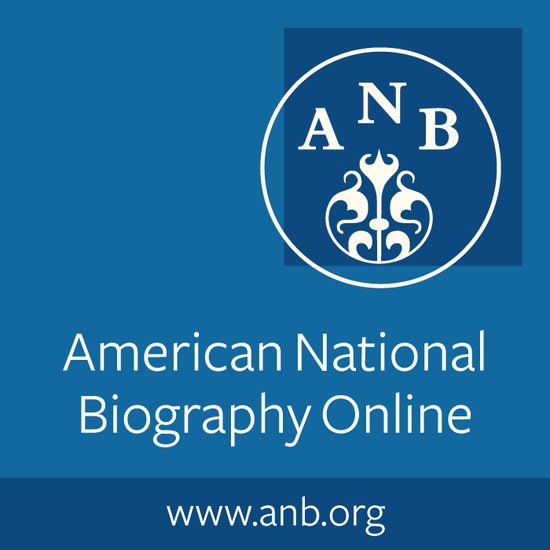Jazz lives in the African American National Biography
By Scott Yanow
When I was approached by the good folks at Oxford University Press to write some entries on jazz artists, I noticed that while the biggest names (Louis Armstrong, Duke Ellington, Charlie Parker, Miles Davis, John Coltrane, etc.) were already covered, many other artists were also deserving of entries. There were several qualities that I looked for in musicians before suggesting that they be written about.












